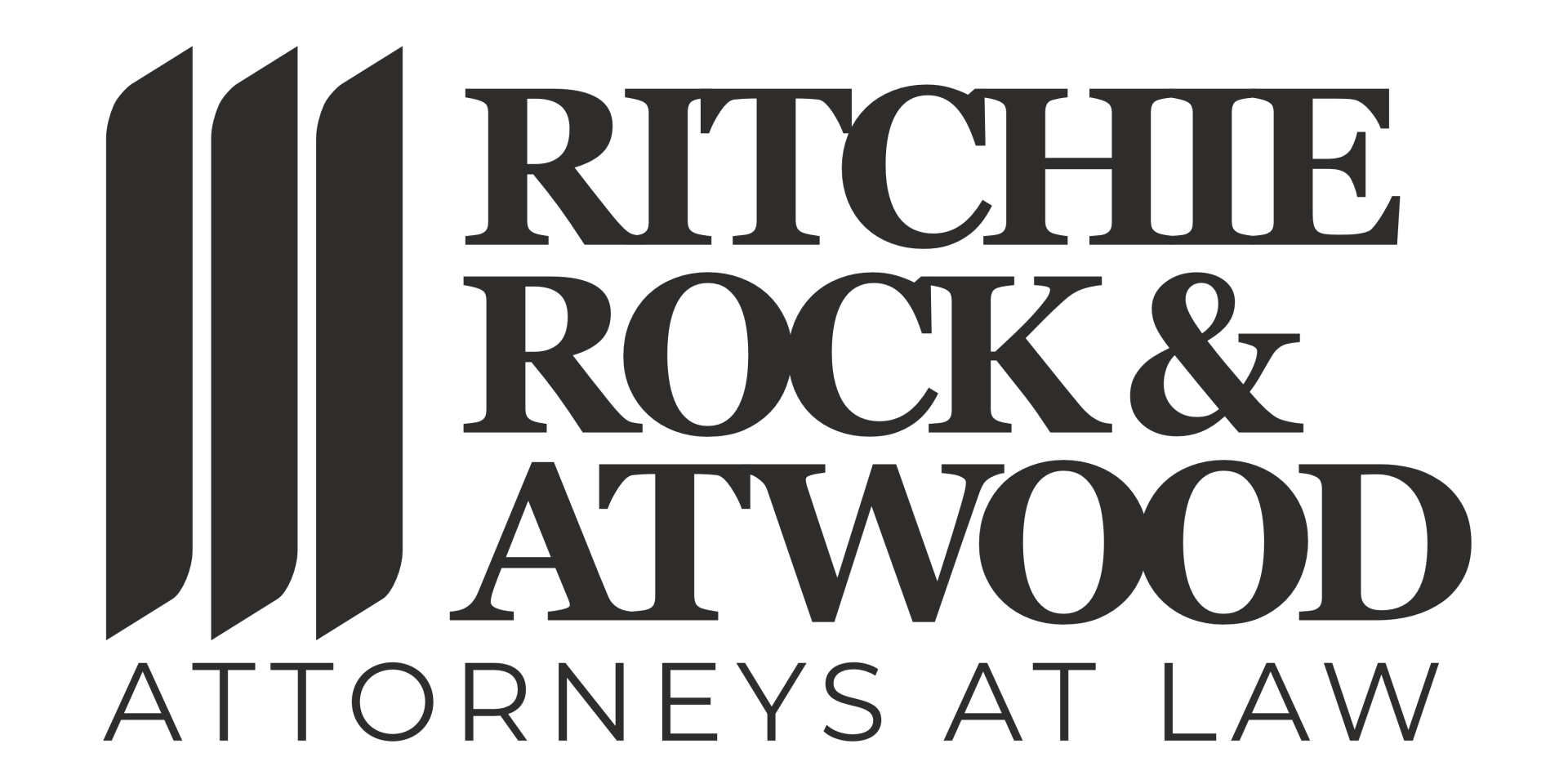Real Estate Law
The attorneys at Ritchie Rock & Atwood have extensive experience in real estate law including real estate transaction law and real estate litigation. The firm’s attorneys have been involved in hundreds of private real estate transactions involving the sale, lease, and development of real estate. The firm’s experience base includes the drafting and negotiation of sale and lease contracts, title examinations, development of restrictive covenants, platting of subdivisions, zoning changes, zoning variances as well as litigation in all these same areas and more.
Real Estate Sale Contracts
The foundation of a successful real estate transaction is a well-planned real estate sale agreement. A well-planned real estate sale contract tailored to fit the needs and desires of the parties protects the buyer and the seller and is key to the closing of a successful real estate transaction.
As a general rule of law, a contract for the sale of real estate must be in writing to be enforceable. The foundational law on this topic is called the “Statute of Frauds” and is found at OKLA. STAT. Tit. Tit. 15 § 136. While exceptions to this rule do exist under some certain circumstances it is an invitation to litigation to attempt to enter into a sale transaction involving real estate without having a comprehensive written agreement.
Some of the topics which should be addressed in the real estate sales contract are: specific identification of the buyer and seller, specific identification of the real estate described by legal description, the purchase price and terms of payment should be clearly set forth, the date for closing of the sale should be stated, Conditions of title and/or title insurance requirements, property inspections and a time period for making the inspections, specification of types of surveys such as boundary or improvement surveys should be identified, provision for payment of prorated taxes and payment of special assessments, proration of rents, requirements for title examination and provisions applicable to breach of the agreement by the buyer or seller should be clearly set forth.
The foregoing topics are only a portion of the topics which should be addressed in a comprehensive real estate purchase agreement. The Ritchie Rock & Atwood Law Firm has the training and experience necessary to assist you with your real estate contract needs.
Real Estate Leases/Real Estate Rental
It is very important that a real estate lease be in writing. The general rule of law of real estate leases for a period of time in excess of one year is that they must be in writing to be enforceable under the “Statute of Frauds” (OKLA. STAT. Tit. Tit. 15 § 136).
Apart from the legal requirement that a lease agreement must be in writing the leasing of real estate necessarily brings into question many variables from transaction to transaction that make a written agreement an essential. Some of the variables include: the length of the lease term, the uses allowed to be made of the property, the parties’ respective obligations to obtain, maintain and pay for hazard insurance covering losses to the property, public liability insurance against third party claims, conditions governing changes or improvements to be made to the leased property; the rate of lease payments and conditions upon which those payments may be changed, the parties’ respective duties and obligations in maintenance and upkeep of the property and consequences of breach of the agreement by either the lessor or lessee. These are only some of the many topics that should be addressed in a sound lease agreement.
The attorneys of the Ritchie Rock & Atwood Law Firm have assisted lessors and lessees in hundreds of lease and rental transactions. If you are contemplating entering into a lease transaction give our attorneys a call and we will be pleased to help you in a successful lease transaction.
Real Estate Zoning and Real Estate Development
The attorneys at Ritchie Rock & Atwood Law Firm have an experienced background in real estate zoning and real estate development which not only includes representing individual private landowners but also in the firm’s representation of municipalities in such matters.
The subject of real estate zoning involves restrictions and limitations of the use and development of property by local government at the county and/or city level. Zoning restrictions include not only limitations on what uses may be made of property, but also such things as the physical limitations placed on how the property can be developed with respect to set back lines, street frontage, parking, drainage, and signage. Some of the topics in play in zoning matters include:
- “Grandfather Clauses” – Where a property is developed and in use when a zoning law goes into effect the law of pre-existing use is in play.
- “Hardship” – In some instances the dimensions of a property when originally platted create impossibilities or hardships for development under zoning laws that have been later adopted.
- “Zoning Variance” – This concept is used to apply to the governing authority for a zoning variance from physical requirements of existing zoning laws which are difficult or impossible to satisfy due to the physical characteristics of a property.
- “Special Exceptions” – This concept is often confused with a “variance”. “Special Exceptions” are utilized to use a property for a use that is not normally allowed in particular zoning classification. The difference between a “Special Exception” and a “Variance” is generally that a “Special Exception” deals with “use” of a property, while “Variance” deals with physical characteristics of a property such as a variance to allow a smaller “setback” requirement under applicable zoning.
The subject of Real Estate Development brings into play platting requirements of local county and municipal governments as well as protection of the developer interests and interests of buyers in development which enhance the value of the property to be developed.
Real estate development almost always includes the development of a set of “Restrictive Covenants” also called “Protective Covenants” which protect and govern the use of property within the development by reason of contractual provisions imposed by the developer on the property. “Restrictive Covenants” are private restrictions imposed on the development by the developer under the developer’s development plan. These covenants are designed by the developer to enhance the value of the property being developed. Restrictive Covenants may include private regulations of such matters as: uses which can be made of the property, landscaping requirements, maintenance of shared spaces such as private parks, development streets and so on. These private restrictions are enforceable by the development’s developer, homeowners’ association, and other owners of property in the development.
Ritchie Rock & Atwood has extensive experience in assisting developers in working with local government for the development of property and in the drafting of “Restrictive Covenants” also known as “Protective Covenants”. The firm has additional extensive experience in representing private individuals in litigation concerning the enforcement of “Restrictive Covenants”. If you are embarking on a venture to develop a property or have needs relating to “Restrictive Covenants” the Ritchie Rock & Atwood Law Firm can assist you in your endeavor.
SHARE THIS INFORMATION
Firm’s Primary Geographical Practice Region For Real Estate Law
- Oklahoma City, Oklahoma
- Tulsa, Oklahoma
- Pryor, Oklahoma
- Claremore, Oklahoma
- Jay, Oklahoma
- Shawnee, Oklahoma
- Oklahoma County, Oklahoma
- Tulsa County, Oklahoma
- Rogers County, Oklahoma
- Wagoner County, Oklahoma
- Mayes County, Oklahoma
- Delaware County, Oklahoma
- Pottawatomie County, Oklahoma





